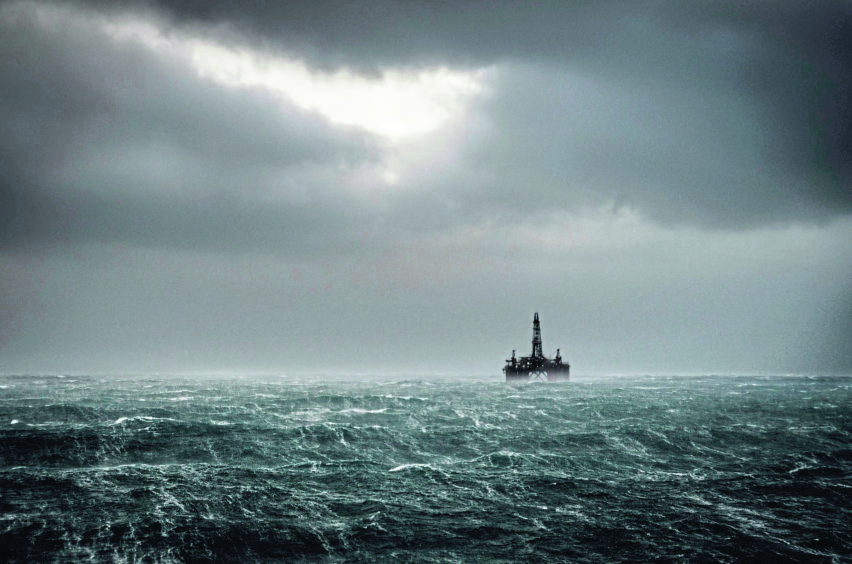
There is no doubting the need for the North Sea oil and gas industry to have a long-term vision. And to be fair to the sector, there have been various attempts at looking ahead.
The Cost Reduction Initiative for the New Era (Crine), the Oil and Gas Industry Task Force 10-year vision of 2000, MER and Vision 2035 stand out.
Every one of these has been driven by crisis. Short-termism has been the rule across UK business and politics for decades.
This has been driven by a number of factors, not least our innate laziness, the quarter-to-quarter perspective of stock markets, fat-cat greed, a dire parliamentary system terribly in need of fixing and economic crisis after economic crisis, most of them self-inflicted, of which Brexit is the worst by a mile.
Oil and Gas UK and the Oil and Gas Authority are behind Vision 2035, launched on May 31 2017.
At OGUK’s annual conference a few days later, chief executive Deirdre Michie mapped out the key issues including the fact that there could be no let-up in the quest for greater efficiency if the core objectives of MER were to be met.
Ms Michie said: “The cynics say that we are a cyclical industry that never learns its lessons. Well this time we have an opportunity to do things differently, especially if we remind ourselves that we have been part of the problem and therefore we all need – including the cynics – to be part of the solution too.”
Since the 2017 conference it has become clear that climate change is now out of control. According to the International Panel on Climate Change, we have just a few years in which to halt and then start to reverse the worst impacts of the global disaster.
A taskforce of big hitters has now been put together to devise a roadmap showing what needs to be done and by when to deliver Vision 2035.
I don’t know why it has taken so long to get to this stage, but the fact a new campaign – Our Vision. Our Future – has been launched is helpful.
It will hopefully ensure that those who work in the sector understand the objectives and encourage people to come forward and say how these can be achieved.
It was made abundantly clear that the sector should grasp the nettle and be a driving force behind the shift to cleaner energy systems.
Ms Michie recently said Vision 2035 was set “in the context” of the energy transition – not in isolation to it – and that the oil and gas industry can play a constructive and leading role.
The transition that faces the North Sea is the largest and most fundamental change it has ever undertaken. And if the industry fails to get its strategy right and live by that commitment, then it puts itself at risk of being shut down.
The future of the industry lies in feedstock, not burning fossil resources as transport fuels and for power generation except in clearly specified and limited applications.
Brutal decisions have to be made about the future of fossil fuels usage.
On May 24, more than a million school-age students came out on strike, protesting against inaction of climate change. Greta Thunberg is calling for a general strike on September 20 that also involves parents.
That’s not long after Offshore Europe takes place at Aberdeen’s new fuel cell-powered exhibition complex – now dubbed P&J LIVE – when the conference organisers have had the good sense to invite climate change expert Christiana Figueres to speak at the opening plenary.
I hope that sends out a clear message that the North Sea’s leadership at least is listening. But the show organisers should understand there will almost certainly be protesters.
If there are, then they should be embraced and not kicked out.
Recommended for you
